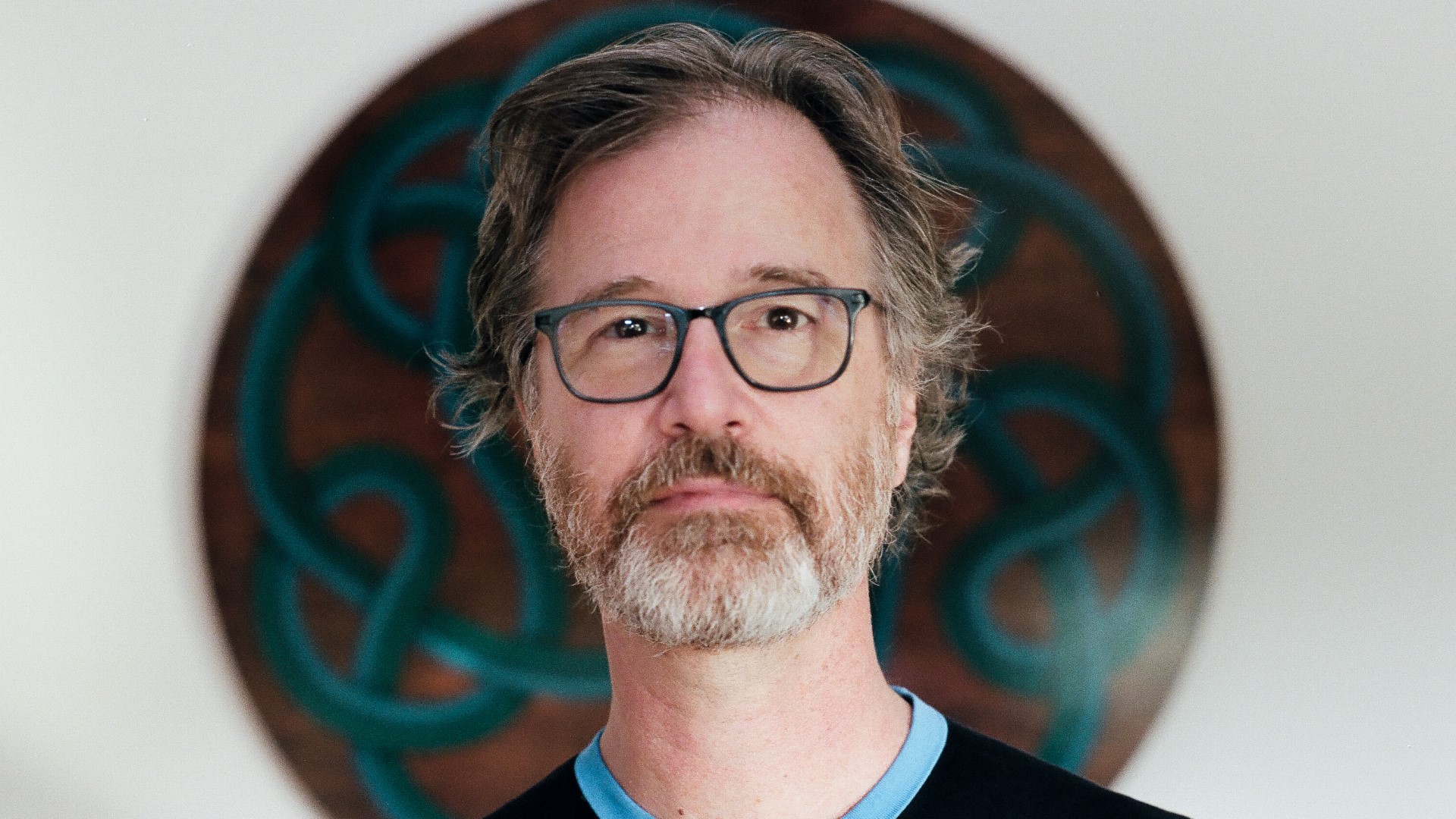BOSTON — Long-lost interviews with Minnesota music legend Bob Dylan have surfaced at a Boston auction house, and they contain some surprising new insights about the celebrated singer-songwriter.
Transcripts of the 1971 interviews, conducted by late Twin Cities blues artist Tony Glover, reveal that Dylan changed his name from Zimmerman because he worried about anti-Semitism. They also show he wrote “Lay Lady Lay” for actress Barbra Streisand.
Dylan, now 79, wrote handwritten notes on many of the typed pages. He discussed how he famously “went electric” at the 1965 Newport Folk Festival, saying “it was a strange night.”
The reclusive music legend opened up to Glover, an old and close friend, over the course of four interviews, which ended up in a story published in Esquire magazine.
In their story on the lost interviews, Rolling Stone asserted that the openness and energy displayed by Dylan was due to trust he had in his interviewer.
"Speaking with Glover, Dylan’s jangled nervous energy of the previous decade had vanished: He was untroubled and erudite, willing to shed light on things he’d never fully explained before," Douglas Brinkley wrote in Rolling Stone. "Dylan felt comfortable with Glover, a blues harmonica player and musicologist from Dylan’s home state of Minnesota. Glover was one of the few people with whom Dylan regularly kept in touch once he left Minneapolis for New York. In the Newport Folk Festival program of 1963, Dylan wrote that Glover was “a friend to everything I am … who feels and thinks and walks and talks just like I do.”
Glover is best known for his harmonica work in the traditional blues trio Koerner, Glover and Ray, who were mainstays of the West Bank music scene in the 1960s and 70s. His widow is selling the documents through Boston-based R.R. Auction.



